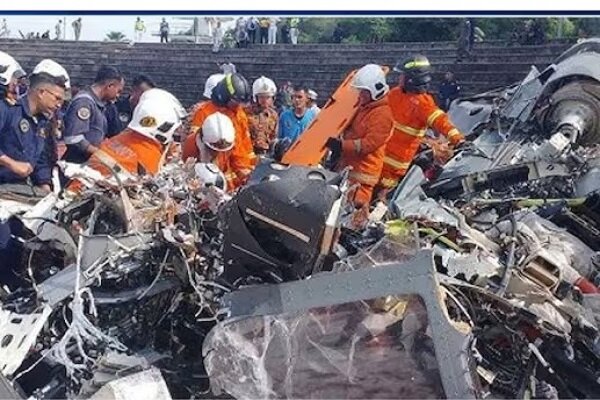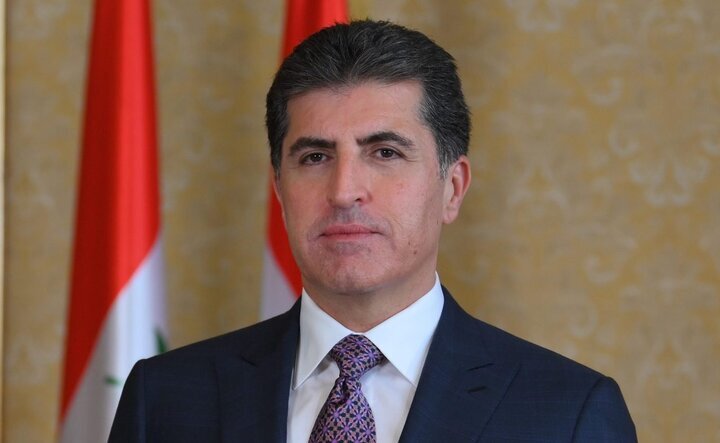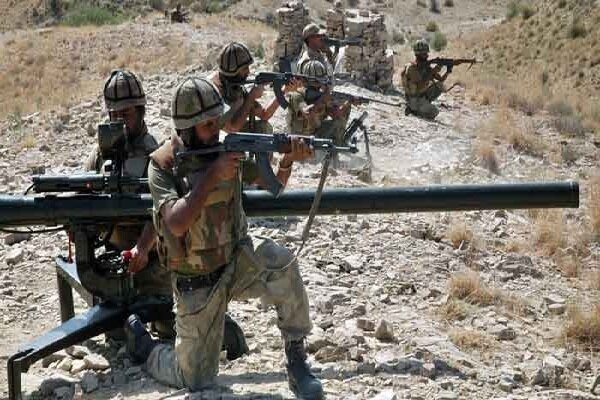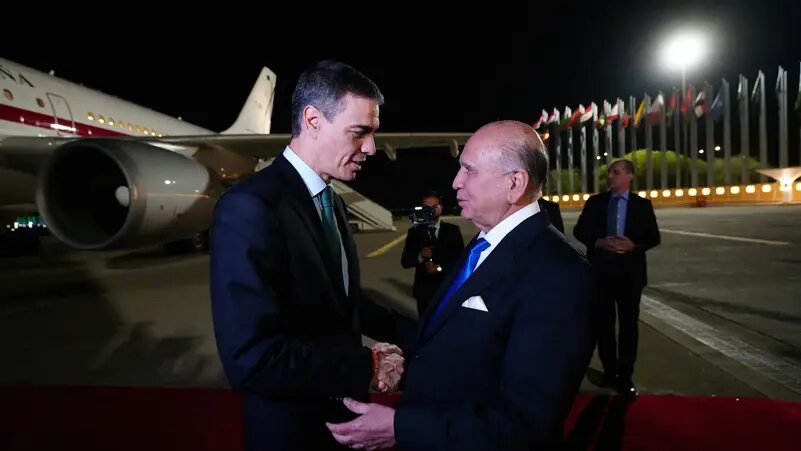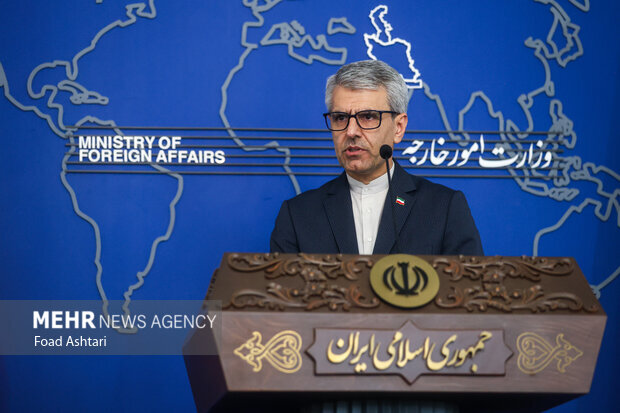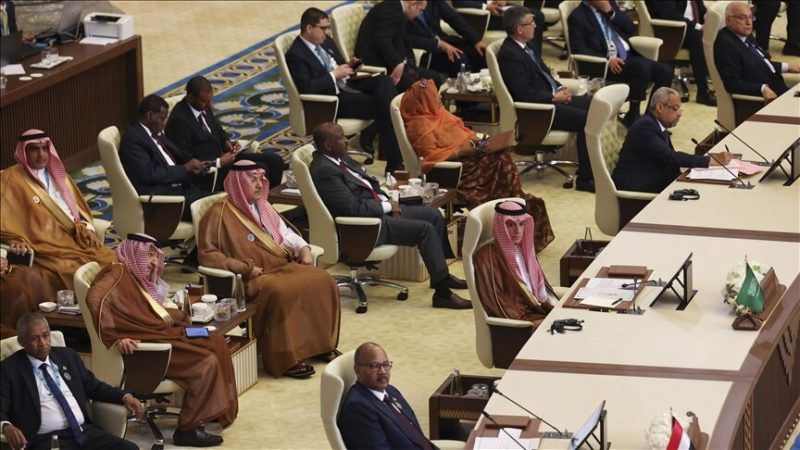Iran’s enrichment program, infrastructure remain non-negotiable: FM

The Iranian foreign minister reasserted the Islamic Republic’s non-negotiable position on uranium enrichment, emphasizing its commitment to exercise legal rights under the Non-Proliferation Treaty (NPT) while maintaining a logical stance.
Abbas Araghchi made the statement at a joint meeting with the Pugwash International Conference delegation, which was hosted by the Atomic Energy Organization of Iran (AEOI) on Friday night.
“Iran, a longstanding Non-Proliferation Treaty member and initiator of a nuclear-weapon-free zone in West Asia, has demonstrated unwavering commitment and good faith through engaging in indirect negotiations with the United States,” Araghchi said.
“The Islamic Republic of Iran is fully prepared to build confidence regarding the continued peaceful nature of its nuclear program, but it cannot compromise on the inalienable and legal right of the Iranian nation to benefit from peaceful nuclear energy, including enrichment, which is granted to every member state under the NPT.”
The Iranian Foreign Minister emphasized the considerable human and material sacrifices Iran has made to protect its right to peaceful nuclear energy.
“Over the past three decades, the Iranian people have made immense sacrifices to defend their national independence and attain nuclear technology, including uranium enrichment, enduring not only unjust sanctions but also the tragic loss of their most promising youth in this pursuit,” Araghchi said.
“Therefore, Iranians do not accept being deprived of a peaceful nuclear industry as a steadfast member of the Non-Proliferation Treaty, which regards prohibited the production and use of nuclear weapons.”
Honoring the memory of the country’s assassinated nuclear scientists, he underlined that Tehran is determined to advance its peaceful nuclear technology and is also ready for dialogue and interaction with the International Atomic Energy Agency and other parties to build trust about the peaceful nature of its nuclear program.
The Iranian Foreign Minister addressed the Israeli-influenced, inconsistent positions held by US officials, which further complicate the negotiation process and cast doubt on Washington’s commitment to reaching a deal.
“It has become clear to everyone that warmongering and anti-diplomacy circles within America are working in a coordinated manner to negatively impact the negotiation process,” Araghchi said.
“While US decision-making is an internal matter, it remains unacceptable for American policymakers to repeatedly revise the negotiation framework under pressure from hawkish factions aligned with [Israeli prime minister Benjamin] Netanyahu’s dangerous ambitions, leading to time waste and prolonged negotiations.”
Winner of the Nobel Peace Prize in 1995, the Pugwash Conferences on Science and World Affairs aims to develop and support the use of scientific, evidence-based policy-making, focusing on areas where nuclear and weapons of mass destruction risks are present.
The international organization brings together scholars and public figures to work toward reducing the danger of armed conflict and to seek solutions to global security threats.
Iran has held four rounds of indirect talks with the US on the issue of its peaceful nuclear program, with both sides describing the Omani-brokered negotiations as positive.
Tehran and Washington are negotiating a deal to reduce Iran’s uranium enrichment levels in exchange for sanction relief, with the Islamic Republic firmly resisting any excessive Western demands, such as complete abandonment of its enrichment program.
AEOI stresses transparency of Iran’s nuclear program
Speaking after the conclusion of the meeting on Friday night, Head of the Atomic Energy Organization of Iran (AEOI) Mohammad Eslami underlined that the entire aspects of the country’s nuclear program are transparent, peaceful, and under the full supervision of the IAEA.
Eslami said the country’s nuclear technology is portrayed in a way that suggests Tehran could move towards military use and atomic weapons, which is an unprofessional and political view aimed at hindering the Islamic Republic’s progress.
“The Islamic Republic of Iran has repeatedly stated that such a matter does not exist in its defense doctrine and has not moved towards nuclear weapons at all,” he said.
“Our capacities, processes, and goals remain transparent and peaceful, and Iran’s nuclear technology aims at meeting the country’s needs and is also under the constant supervision of the International Atomic Energy Agency, making Iran the most closely monitored country by the agency.”
Iran’s nuclear chief stressed that the IAEA conducted over 450 inspections in Iran during 2024, constituting 25% of the agency’s total inspections, despite the country’s nuclear capacity representing only 3% of the global total.

